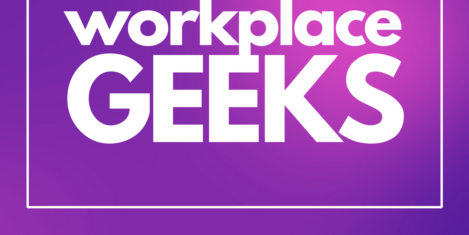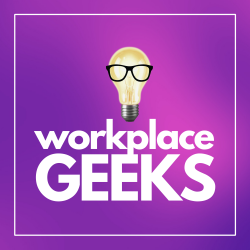July 28, 2022
Quarter of European firms now use HR analytics tools
 Just over a quarter of European companies are using HR analytics tools for performance management, according to new research from Durham University Business School. The researchers also claim that firms that monitor and manage the performance of their employees using HR analytics are also the ones that use financial incentives to staff intensively. Hence, there appears to be a positive relationship on the role financial incentives have on performance of employees and the use of HR analytics. Whilst also, the researchers discovered that the larger the organisation, the more likely they were to invest in HR analytics for monitoring, although this effect appeared to taper off for the largest firms. (more…)
Just over a quarter of European companies are using HR analytics tools for performance management, according to new research from Durham University Business School. The researchers also claim that firms that monitor and manage the performance of their employees using HR analytics are also the ones that use financial incentives to staff intensively. Hence, there appears to be a positive relationship on the role financial incentives have on performance of employees and the use of HR analytics. Whilst also, the researchers discovered that the larger the organisation, the more likely they were to invest in HR analytics for monitoring, although this effect appeared to taper off for the largest firms. (more…)


































July 6, 2022
Hybrid working can help graduates succeed
by Lindsey Rowe • Comment, Flexible working, Workplace